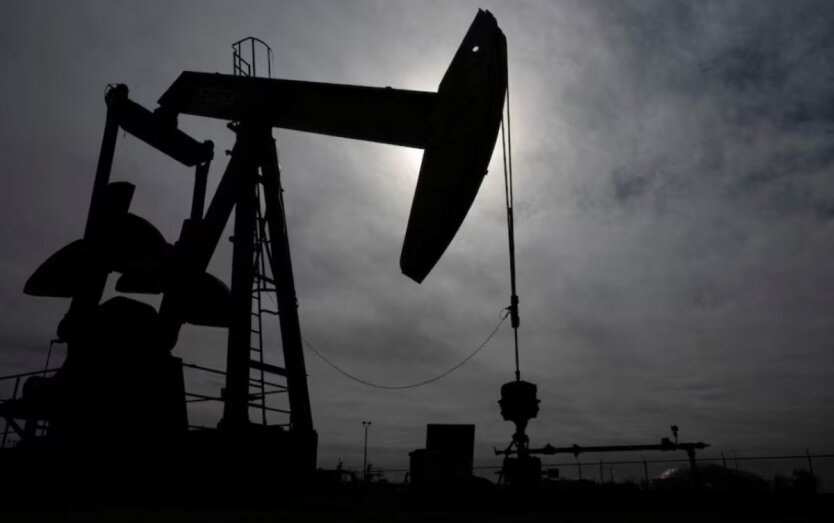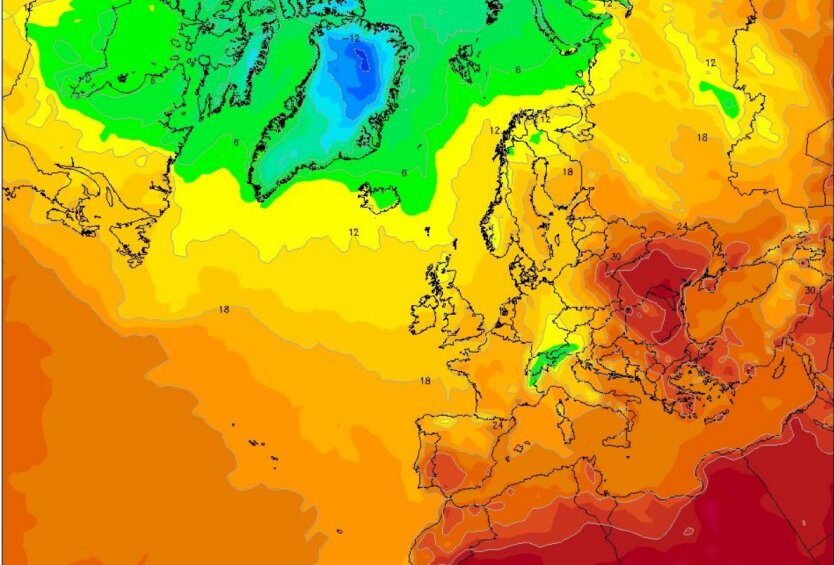Russia loses control over the domestic fuel market amid war and sanctions - intelligence.


Risk of fuel shortage in Russia: emergence and consequences
The Russian government is concerned about the possible fuel shortage in the country's domestic market. This is especially relevant during the nationwide sowing campaign, which is critical for the agricultural sector. The reduction in domestic fuel supplies significantly impacts the profitability of oil refineries, which are a key link in the country's energy chain.
First of all, rising oil transportation tariffs and increased fuel excise taxes have led to a rise in fuel prices. This has made the domestic market less attractive for producers, who are turning their attention to exports or cutting production. In addition, reductions in auxiliary payments and logistical issues, including a shortage of freight cars and problems on the railways, complicate the situation.
'The reduction in fuel supplies is not only an energy problem but also a signal of systemic destabilization of the Russian economy. The industrial sector, farmers, and logistics may face fuel shortages, leading to rising prices and social discontent,' - emphasized the external intelligence.
Several oil refineries have already reduced working hours, and further deepening of the crisis may lead to temporary or even permanent closures of enterprises. The energy crisis in Russia against the backdrop of financial difficulties of the authorities no longer seems so incredible, but becomes a real threat.
Read also
- Bloomberg: OPEC+ significantly increased production, which will impact oil prices
- BlackRock has halted the search for investors for the Ukraine Recovery Fund: reason
- Ukrainians may be deprived of their only housing: an expert explained the dangers of the household law
- Do not ignore these symptoms in the heat: Ministry of Health warned about critical danger
- A Dozen Battles Every Day: Syrskyi Reveals the Scale of Russian Pressure in Kharkiv Region
- NATO Secretary General addresses the US regarding arms for Ukraine: what will change










